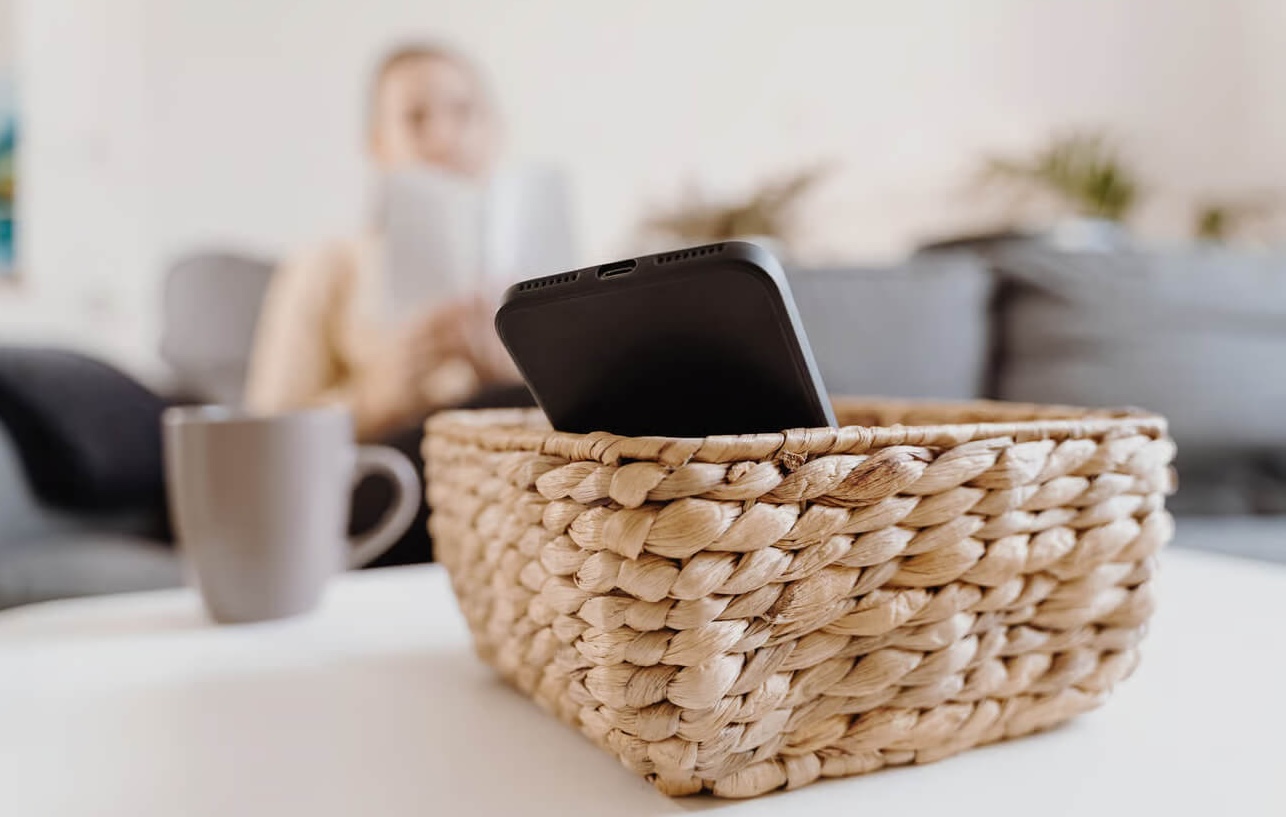Fried, Wired, and Tired? Try Analog-ing.
Feeling wired and worn out? Analog wellness offers a simple, science-backed way to reset your brain and body.

I’m writing this on my laptop while my iPhone buzzes 15 inches away. “Time to stand!” my smartwatch vibrates. I glance at the little red circle declaring 431 unread emails in my inbox.
For you and me, this is just another Wednesday (or literally any day ending in “y”). But here’s an anti-tech trend that could save our sanity: analog-ing.
It’s not a medical term, but it is a science-proven approach that benefits everyone, particularly if you’re navigating menopause, hormone shifts, and chronic stress.
What is Analog Wellness?
The What: “analog-ing” is the practice of ditching digital devices and diving into activities that are screen-free, slow, and sensory.
- Think: Journaling, tending a garden, birdwatching, and having a face-to-face conversation (without your phone within arm’s reach).
Analog-ing is not about regressing to some pre-digital world. The black-and-white “tech-is-bad-mindset” is both unrealistic and unhelpful. Instead, it’s about offsetting the costs of being constantly plugged in.
Because those costs? They’re steeper than you realize.
The Costs of Living Digitally
Seven hours. That’s how long the average American spends staring at a screen daily. Every day, we absorb 74 gigabytes of information (the equivalent of 16 movies!). That’s more information than an educated person would’ve consumed in their entire lifetime 500 years ago.
Our brains weren’t designed for this level of overload. And when we overwhelm our circuits, the consequences can be intense:
- Sleep: Every hour of screen time in bed is linked to 24 fewer minutes of sleep and a 59% higher risk of insomnia.
- Cognitive Function: Using screens at night is associated with poorer working memory, attention, and information processing speed.
- Mental Health: Spending over two hours daily on screens increases your risk of depression by 28%, especially if you’re a woman.
The Benefits of Analog Wellness
This is where analog activities earn their stripes as a remedy for our screen-saturated lives:
- Reduce Stress: Breathing exercises, progressive muscle relaxation, and meditation have been shown to significantly lower cortisol levels.
- Brain and Immune System Benefits: Journaling by hand for 15-20 minutes a few times a week can improve memory capacity and even boost immune function.
- Live Longer (And Better): One large study found that older adults who gardened had a 36% lower risk of dementia.
How to Start Analog-ing
“Just unplug” is patronizing advice. While there are moments we’d love to throw our phones into the ocean, the reality is we’re tethered to our devices. Instead of a digital detox, the key is finding small, intentional pockets of analog time.
Here’s what I recommend:
- Morning Pages: Before grabbing your phone, write out your thoughts for several minutes in a journal.
- Book-Before-Bed Rule: Keep a paper book by your nightstand. Even ten minutes of reading instead of scrolling can shift you into a better sleep cycle.
- Phone-Free Meal: Eat at least one meal a day without any screens.
If you’re a woman over 50, analog-ing should be on your wellness to-do. Stress was one of the biggest culprits behind so many of my patients’ struggles, including terrible sleep, hormonal imbalance, and stubborn weight gain during perimenopause and menopause.
Analog-ing isn’t a magic bullet, but it will give your brain and body a chance to rest and recover.
Staying Curious
As you start analog-ing, ditch the guilt about your screen time. It’s not a punishment, but an experiment (and you know how much I love a good experiment 😉).
What happens when you swap doom-scrolling for doodling? Or notifications for nature? Be aware of how your brain responds, sleep shifts, and mood changes. I promise your brain and body will thank you.


